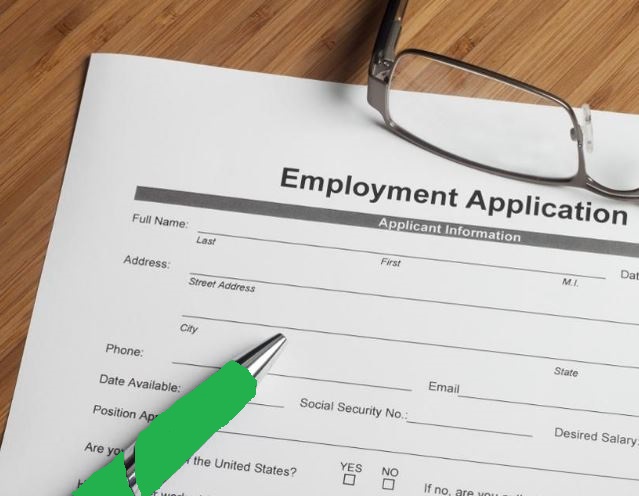
On May 23, 2019 the Kansas City, MO City Council passed a law prohibiting employers in KCMO to ask applicants about their salary history. This ordinance is effective as of October 31, 2019. The ordinance applies to written or verbal requests but does not apply when an applicant volunteers the information if it is unprompted. Employers can discuss applicant’s expectations with regards to compensation at the prospective job.
The law is gaining momentum around the United States and is being implemented in more states and localities to prevent employers from offering lower pay to an applicant based on their previous pay. Employers should have a pay rate set for a position and they should not reduce it because an applicant was making less at a previous job.
To comply with the new ordinance, employers should:
- Remove salary questions from any hiring forms, such as job applications, online applications, candidate questionnaires and background check forms
- Update interview and negotiation policies and procedures
- Train hiring managers, recruiters and interviewers on the new provisions
The following website lists all States and Localities that have banned employers from asking about salary history. To date there are 17 state wide bans and 19 local bans. Michigan and Wisconsin have gone in the other direction and they have implanted laws to prevent local governments from prohibiting employers from asking about salary history or other information they might require on an application.
List of States and Localities with bans – https://www.hrdive.com/news/salary-history-ban-states-list/516662/
Another recent change that has impacted the KCMO metro area is “ban the box.” In 2018 Kansas City enacted a “ban the box” law that applies to employers with six or more employees. Ban the box means they have implemented laws that prevent employers from asking applicants if they have ever been convicted of a felony. Employers are also prohibited from asking verbally if the applicant was ever convicted of a felony. Applicants’ background checks can be reviewed for felony convictions, but you should not base hiring decisions on the felony convictions unless the conviction is directly related to the applicant’s job duties. For example, if the applicant’s job duties require driving and the applicant has convictions related to driving, you can choose to not hire that applicant based on that information. To date, 35 states and over 150 cities and counties have “ban the box”. Some “ban the box” statues only apply to government agencies. Others apply to all employers in the public and private sectors. In the States of Kansas and Missouri, the law only applies to public sector employers in the executive branch of each state.
To adhere to the new law, Kansas City employers should:
- Remove all questions about criminal history from job applications, hiring documents and job advertisements.
- Make sure recruiters and hiring managers understand that they may not ask questions about criminal history at the interview stage.
- Conduct job applicant background checks only after interviewing and determining the candidate is qualified for the position.
- Determine how the company will conduct an individualized assessment if a background check reveals a criminal history. The Kansas City ordinance requires a company to demonstrate that its decision not to hire a candidate with a criminal history is based on the frequency, recentness and severity of the criminal record, and whether it is reasonably related to the duties of the position.
- Make sure every step of the hiring process is documented to prove compliance. For every applicant who is not hired, documentation should include a description of the decision-making process and all the factors that led to the rejection.
Make sure to review the applicable laws in your state and update your forms and processes accordingly!
Casie Nelson, Controller
Posted in Payroll and Benefits
